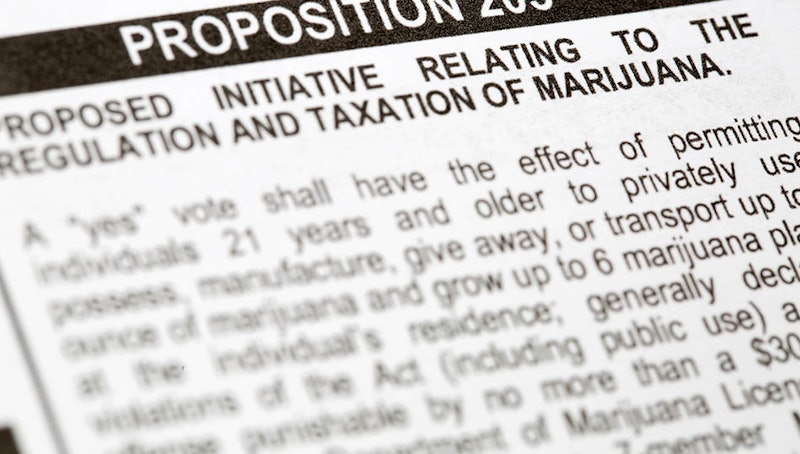The financial benefits of cannabis tax revenues have often been used as a mechanism to persuade state lawmakers or voters to support state-by-state legalization efforts.
Excise taxes on cannabis can be used to fund schools, child care programs, law enforcement officials, environmental groups, youth substance abuse prevention, social equity and justice, job initiatives, public health and safety, and myriad state coffers.
But the gunnie pig days of Colorado and Washington legalizing adult-use cannabis are now more than 10 years in the rear-view mirror, and many prohibitionist fears have since been debunked. For example, the proportion of Colorado high school students reporting ever using cannabis in their lifetime remained statistically stagnant in the years following adult-use legalization, from 36.9% in 2013 to 35.9% in 2019, according to the state’s biennial “Impacts of Marijuana Legalization,” report.
In Washington, which levies a 37% excise tax on adult-use cannabis in addition to a 6.5% sales tax and a roughly 2.9% local tax, the state has collected more than $3 billion in taxes off the backs of cannabis businesses in the past five years alone, according to figures from the state’s Liquor and Cannabis Board.
With the highest cannabis excise tax in the nation, Washington lawmakers have appropriated that revenue primarily to fund the state’s Medicaid program, in addition to its general fund, and substance abuse prevention and public health programs, according to Gleam Law.
In an industry like no other, cannabis is often targeted in various other tax collection avenues.
In California, for example, the state not only collects a 15% excise tax on retail sales along with a general sales tax that ranges from 7.25% to 10.75% depending on the municipality in which a dispensary operates, but certain localities tax cultivators based on the square footage of their grows. In Sonoma County, cannabis cultivators are taxed at a rate of $7.58 per square foot for indoor grows, $2.58 per square foot for mixed light grows and $0.69 per square foot for outdoor grows.
At the state level alone, the California Department of Tax and Fee Administration (CDTFA) has collected roughly $7 billion in state taxes from cannabis businesses since adult-use sales launched in 2018.
While the CDTFA recently offered tax relief to all businesses impacted by the Los Angeles County wildfires by extending a filing deadline by three months, and while the state’s Department of Cannabis Control announced that license holders could request disaster relief, business executives remained confused about who qualified for the relief.
H/T: www.cannabisbusinesstimes.com



